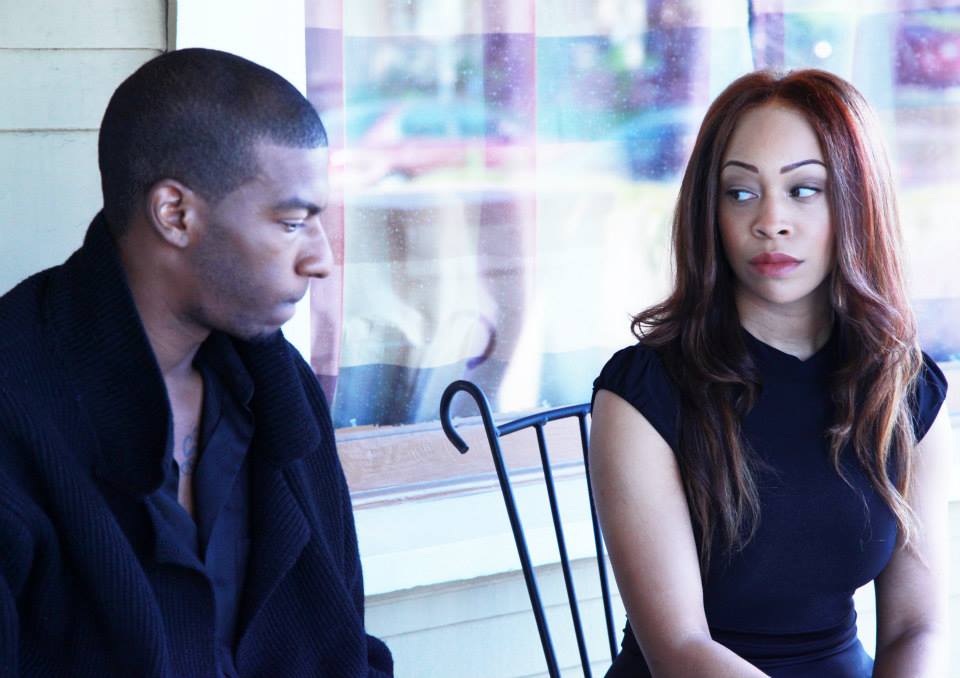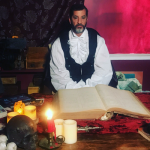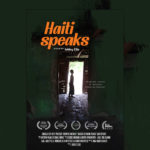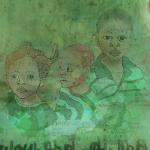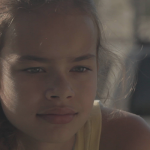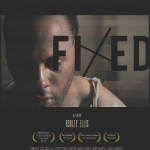
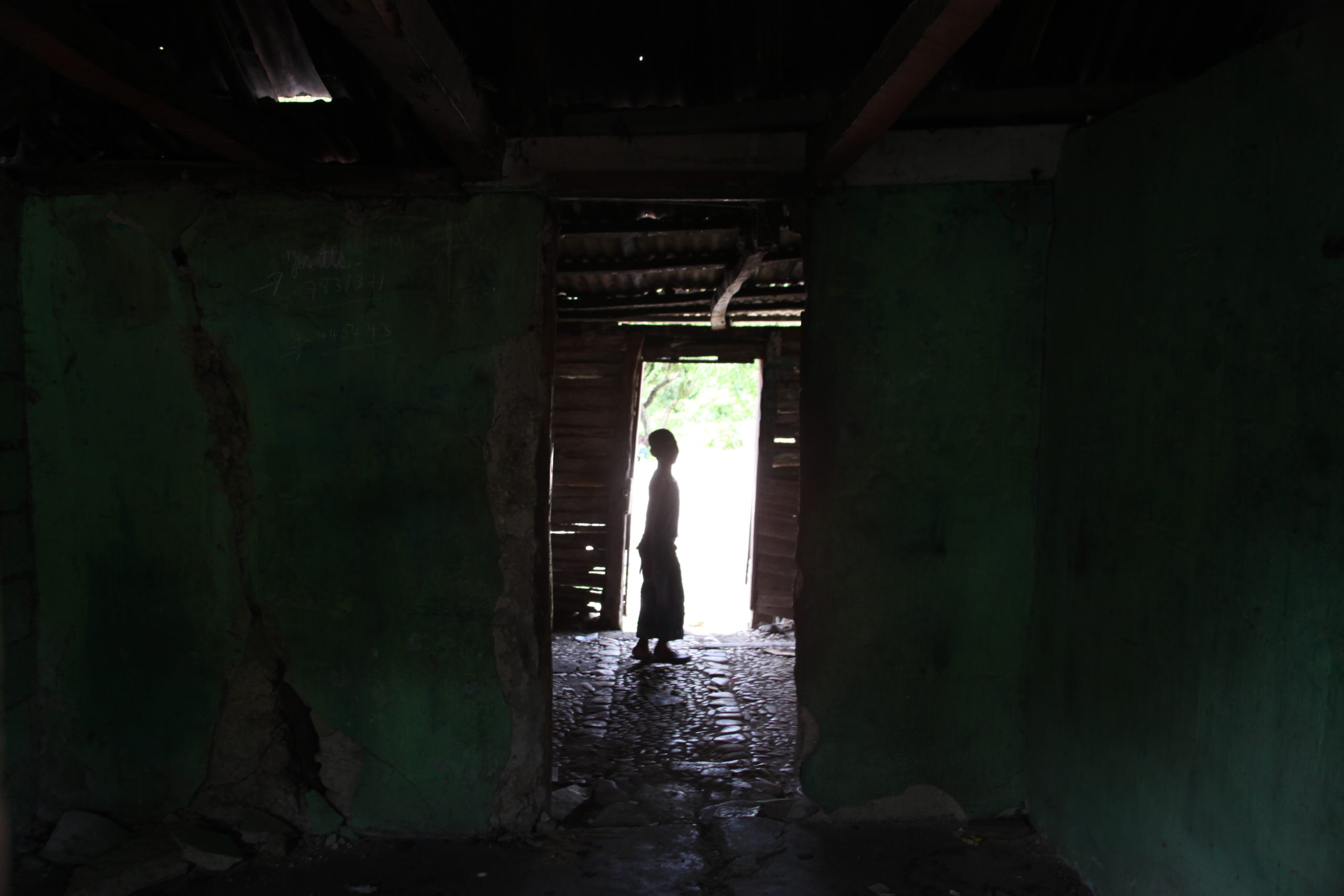
At the start of creating Haiti Speaks in 2010, director Ashley Ellis and her crew traveled to Haiti with the intention of documenting the work of Gift of Sight (an organization that helps restore sight to those in need). A month before their scheduled visit, the catastrophic magnitude 7.0 earthquake struck.
Haiti’s relationship to the world was reinforced by images of poverty, danger, and suffering without context – linking people with darker skin to these concepts, without exploring the country’s tumultuous history of foreign relations and stalwart defense of independence.
Ashley Ellis says, “In the frenzy of coverage surrounding the earthquake, the historical context of the socio-political and economic status of the country and, most importantly, the voice of the Haitian people themselves were lost. This presented broader issues around how the country is depicted in the media – and what the country truly is – that I felt compelled to explore.”
With the circumstances in Haiti rapidly changing, so did the film’s content. Ellis and her crew excavated layers of history and hope in search of the voice of a nation borne of slavery, forged by revolution, and shaken – but not broken – by the earthquake and its devastating aftermath.
Over the course of five thematic chapters featuring excerpts from acclaimed Haitian writers, the film weaves between the capital Port-au-Prince and the rural community of Lascahobas, speaking to Haitians from all walks of life on healthcare, education, economics, foreign relations, and the earthquake.
The film’s interrogation of the complex historical relationship with the United States, France, and development institutions is explored through archival and contemporary footage; illustrating the interconnectedness of seemingly disparate events that reverberate throughout Haiti’s past and present.
With the overarching goal of sparking continued dialogue, the film is primarily made to resonate with the people it represents: Haitians and the Haitian diaspora across the world. Haiti Speaks can also be used as a teaching tool, both in an informal context for a wider global community who are rarely exposed to nuanced representations of Haiti, and in more formal cultural and educational settings.
Ultimately, Haiti Speaks seeks to uncover a universal human truth, one which neither centuries of colonialism, debt, discrimination or natural disaster could destroy: The depth of the Haitian spirit.
For crowdfunded and self-funded, independent documentaries like Haiti Speaks, the journey to completing and releasing the project is arduous and requires a long-term commitment to the subject and story.
Now, a decade after the film’s conception, it’s been celebrated by film festivals around the world:
- trinidad+tobago film festival 2020
- Montreal International Black Film Festival 2020
- Paris Lift-Off Film Festival 2020 (Audience Choice Award)
- Orlando Film Festival 2020
- International Social Change Film Festival 2020
- Baltimore International Black Film Festival 2020
- Las Vegas International Film & Screenwriting Festival 2020
- International Black and Diversity Film Festival 2021 (Finalist and Honorable Mention in 2 Award Categories)
Haiti Speaks has also been picked up by global streaming platforms that have the power to expand the film’s audience. These platforms include Prime Video, Xumo (available on RokuTV and Smart TVs), Tubi (available on RokuTV, Apple TV, and Smart TVs), and Alley Oop.
“It’s so rewarding for the film to be affirmed by festival communities that celebrate cinema and bring a critical eye to the work, and for the film to reach streaming platforms, where people in almost every part of the world can discover it and see Haiti through a new, more complete lens that’s rarely depicted in news and media.”
Despite the success of Haiti Speaks, Ashley Ellis isn’t ready to rest.
While simultaneously working on her PhD in Film Studies at the University of Cape Town, some of the upcoming projects in her pipeline include another documentary about conservation efforts in Botswana’s Okavango Delta and Little Evil Bookshop, a dark comedy feature film.
For more information:
Facebook @haitispeaksfilm
Instagram @haitispeaksfilm
Twitter @emeraldcityarts
info@emeraldcity-arts.com

